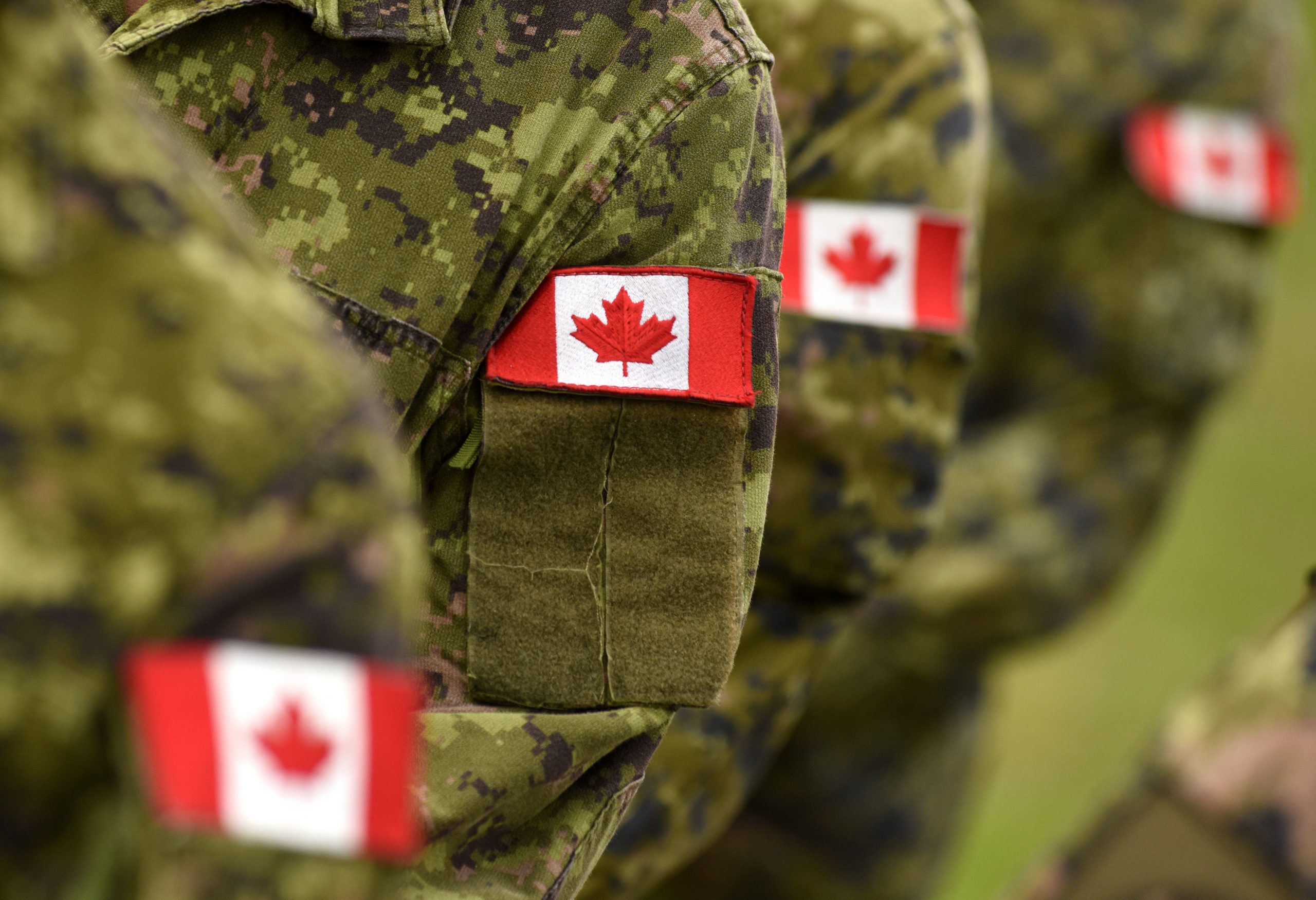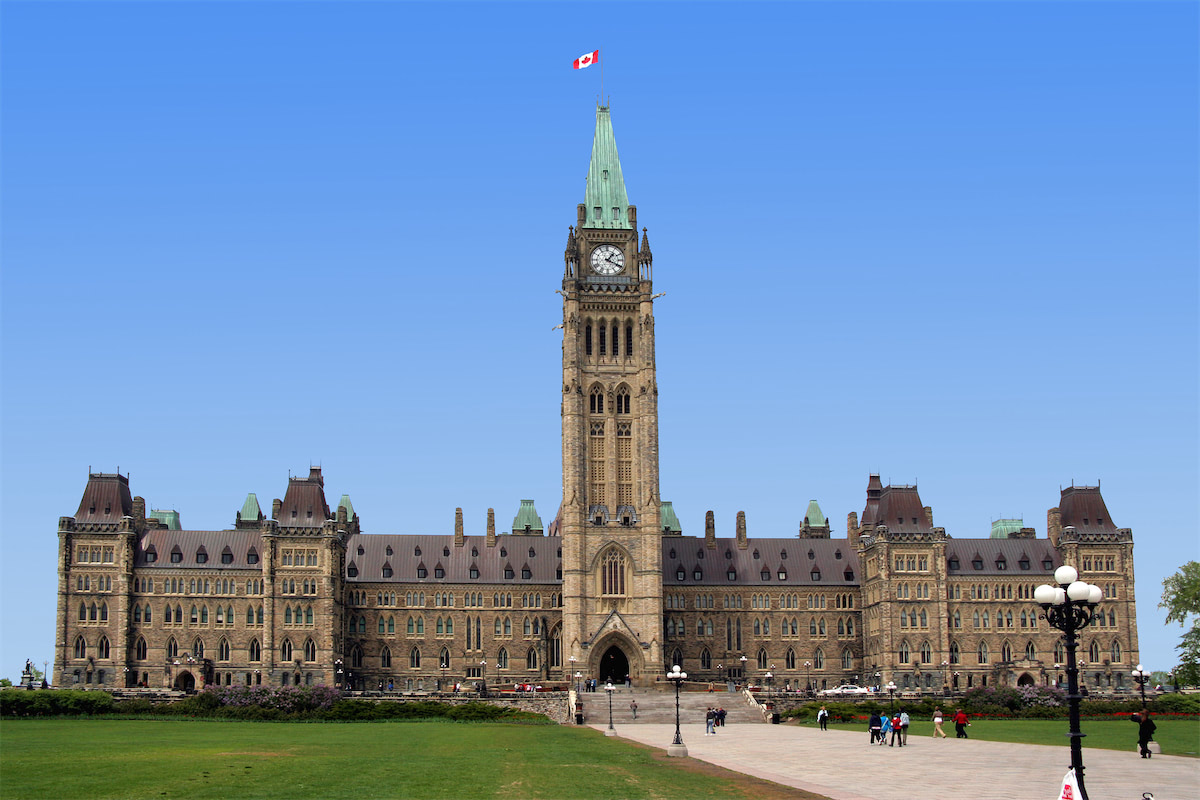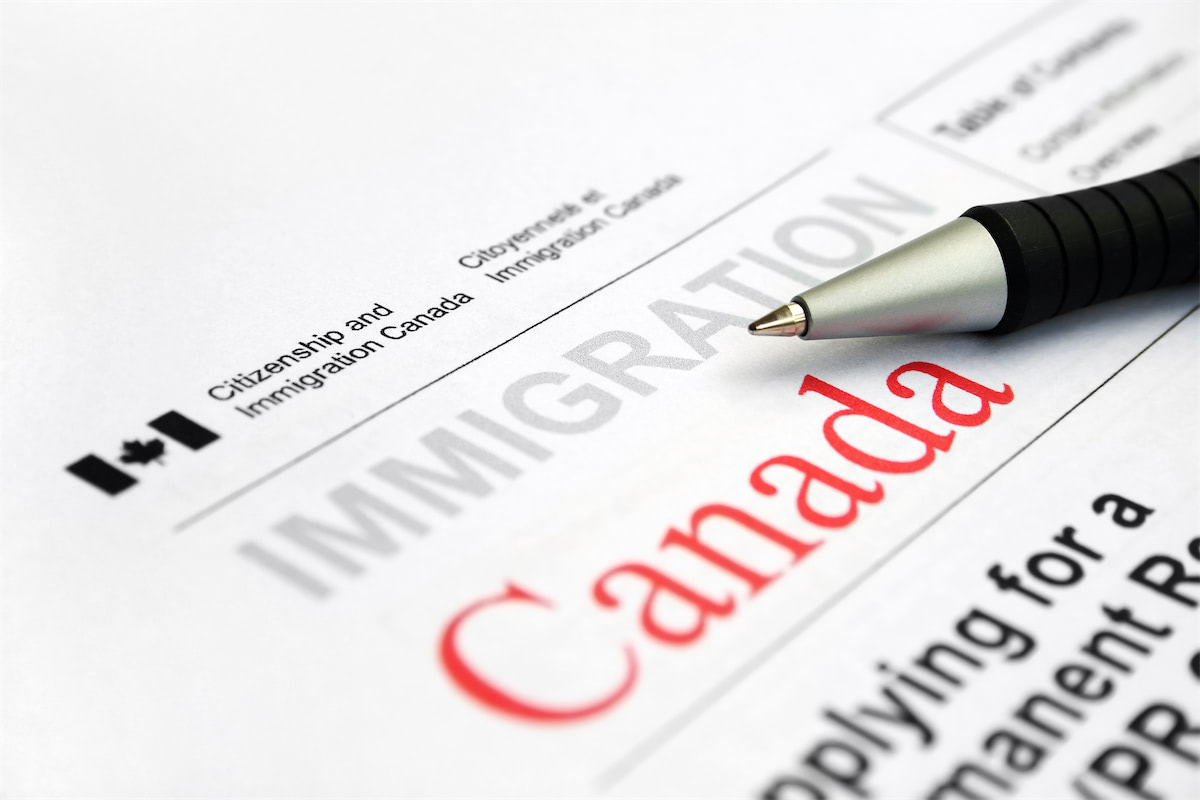-
The Long-Gun Registry in Canada
Since its introduction in 1995, Canada’s long-gun registry has been a high-profile political issue. This stems, in large part, to philosophical differences on gun control policy between and among Canada’s political parties, and issues relating to the cost of the program. This article provides an overview of the history, operation, and debates surrounding the long…
-
The Canadian Broadcasting Corporation
The Canadian Broadcasting Corporation is Canada’s national public broadcaster. The concept of a public broadcaster emerged during the heyday of radio in the early part of the twentieth century. Radio provided a new way to disseminate news and information, and introduced a new medium for entertainment. With radio stations springing up all over North America…
-
Political Parties and the Party System in Canada
Political parties play a central role in Canadian democracy and government, representing an important link between the state and society. This article provides an introduction to the nature of parties and the party system at the federal level of Canadian politics. This includes exploring the definition of a political party, systems of classification, the history…
-
Canada Pension Plan
Two key aspects of Canada’s welfare state involve: a) encouraging citizens to save for their retirement income, and b) reducing poverty among seniors. In this context, the Canada Pension Plan is a central pillar of Canadian social policy. This article provides an introduction to the Canada Pension Plan, commonly known as the CPP, and includes…
-
Prime Minister’s Office of Canada
The Prime Minister’s Office (PMO) is comprised of the executive staff of the prime minister, and plays a central role in the governance of Canada. This highly partisan organization acts not only as a source of support and policy advice for the prime minister, but also as a mechanism for centralizing political power. This article…
-
Harmonized Sales Tax in Canada
An issue of some contention — one that has resulted in an intersection between the areas of federal government tax policy and Canadian federalism — is the merging of separate federal and provincial sales taxes into a single tax, known as the Harmonized Sales Tax (HST). The HST represents an important form of cooperation between…
-
Multiculturalism Policy in Canada
Canada is an increasingly culturally and ethnically diverse nation. One of the key policy responses to this diversity has been official multiculturalism, first introduced in the early 1970s. While multiculturalism is nearly 40 years old in Canada, it nevertheless remains a highly controversial and debated issue. This article provides an introduction to multiculturalism in Canada…
-
Privy Council Office of Canada
The Privy Council Office of Canada represents a key central agency in the federal government. As the pinnacle of the federal bureaucracy, officials in the Privy Council Office play an important role in the formulation and implementation of public policy at the highest levels of government. Even though the Privy Council Office plays a significant…
-
Treasury Board of Canada
The Treasury Board of Canada represent a key entity within the federal government. As an important cabinet committee and central agency, they play an important role in financial and personnel administration. Even though the Treasury Board plays a significant role in government decision making, the general public tends to know little about its operation and…
-
Federal Fiscal Policy in Canada
With the global economic recession of 2008-09, and the various attempts by the Canadian government and its counterparts around the world to address their economic difficulties, the issue of fiscal policy has come to the fore, earning significant public attention. This article provides an introduction to Canadian fiscal policy at the federal level of government.
-
Federal Campaign Finance Laws in Canada
Campaign finance refers to the rules that govern the use of money in electoral processes such as general elections, by-elections, and referenda. In this context, Canada has adopted a broad set of rules in relation to key political actors, including election candidates, political parties, electoral district associations, and third parties. This article provides an introduction…
-
2009 Nova Scotia General Election
On June 9, 2009, Nova Scotians elected the New Democratic Party government and Darrell Dexter their premier. The NDP win had historical significance. Not only did it bring to an end ten years of rule by the Progressive Conservative Party, but was also the first time an NDP premier had been elected in Atlantic Canada.…
-
2009 British Columbia General Election
On May 12, 2009, British Columbians elected the provincial Liberal Party, helmed by Gordon Campbell, to its third consecutive term in office. The 2009 election was dominated by economic and financial issues as the province attempts to deal with the global economic slowdown, rising unemployment, and government deficits. Additionally, the election coincided with a provincial…
-
Copyright Law in Canada
Copyright is an important legal and political issue in Canada, an issue that has been made even more significant with the rise of new technologies, such as the Internet, mobile media devices, and digital copying technology. This article provides an introduction to copyright law in Canada, with a particular focus on the Canadian Copyright Act.…
-
Provincial Government in Canada
Canada’s provinces are an integral layer of the nation’s governmental system. Under Canada’s Constitution, provincial governments have many key powers and jurisdictions, such as the provision of fundamental social services (for example, health, education and welfare), control over civil and property rights, and power over local government. This article explores provincial government in Canada, focusing…
-
Federal Government in Canada
The federal or national government is the central level of government in Canada, and is involved in many aspects of Canadians’ lives. The federal government plays a role in such things as the provision of social services, the economy, national defence and security, criminal law, foreign affairs and First Nations policy. This article provides an…
-
Canada Radio-television and Telecommunications Commission
The job of regulating Canada’s broadcasting and telecommunications sectors falls to the Canada Radio-television and Telecommunications Commission (CRTC), an independent public authority created in 1968. Over its history, the CRTC has made numerous rulings regarding regulation and has addressed the impact of technologies on the industries over which it serves as guardian. This article begins…
-
The Charlottetown Accord
The Charlottetown Accord is a set of failed constitutional amendments, proposed in the early 1990s, to gain Quebec’s formal acceptance of the Canadian Constitution. The Charlottetown Accord was the second attempt to bring Quebec into the constitutional fold, and was initiated after the failed Meech Lake Accord of 1987. This article provides an introduction to…
-
The Liberal – NDP Coalition and Forming Government
Even though the Liberal Party of Canada and the New Democratic Party have agreed, if necessary, to form a coalition government, a number of events must occur for such a scenario to become reality. The following feature provides an overview of how it is possible for a proposed Liberal-NDP coalition government to assume power according…
-
Liberal – New Democratic Party Coalition
Find an educational feature that provides an overview of the structure and policies of a possible coalition government, focusing on the two accords signed on December 1, 2008 by the Liberal Party of Canada, the New Democratic Party of Canada, and the Bloc Québécois.
-
Events Leading to the Liberal – NDP Coalition Agreement
On December 1, 2008, the Liberal Party of Canada, the New Democratic Party and the Bloc Québécois officially signed an agreement to defeat the Conservative minority government led by Prime Minister Stephen Harper. Under this agreement, the Liberals and NDP agreed to form a coalition government, which would be supported by the Bloc. What led…
-
Elections Canada
Elections Canada (also known as the Office of the Chief Electoral Officer) is a key agency in the federal government and Canada’s democratic system. Responsible for conducting federal electoral events, Elections Canada plays a significant role in ensuring that Canada’s electoral system operates in an open and impartial manner. The following feature article provides an…
-
Canada’s Human Rights Commission System
The Canadian human rights commission system is constituted by two key federal agencies: the Canadian Human Rights Commission and the Canadian Human Rights Tribunal. These agencies administer, promote, and adjudicate Canada’s federal human rights and employment equity legislation. This article provides an introduction to the history, role, structure, and key issues concerning these agencies.





